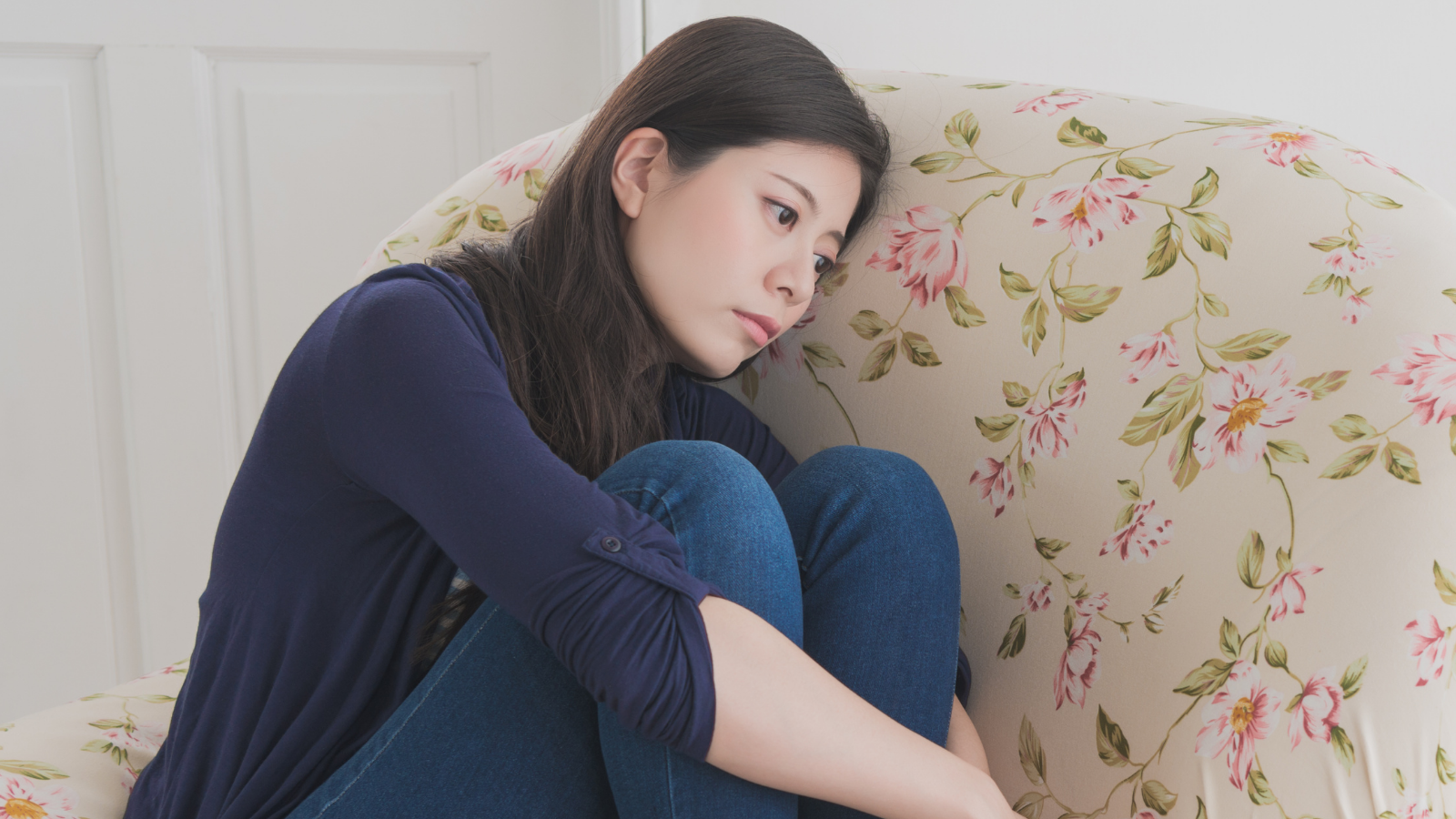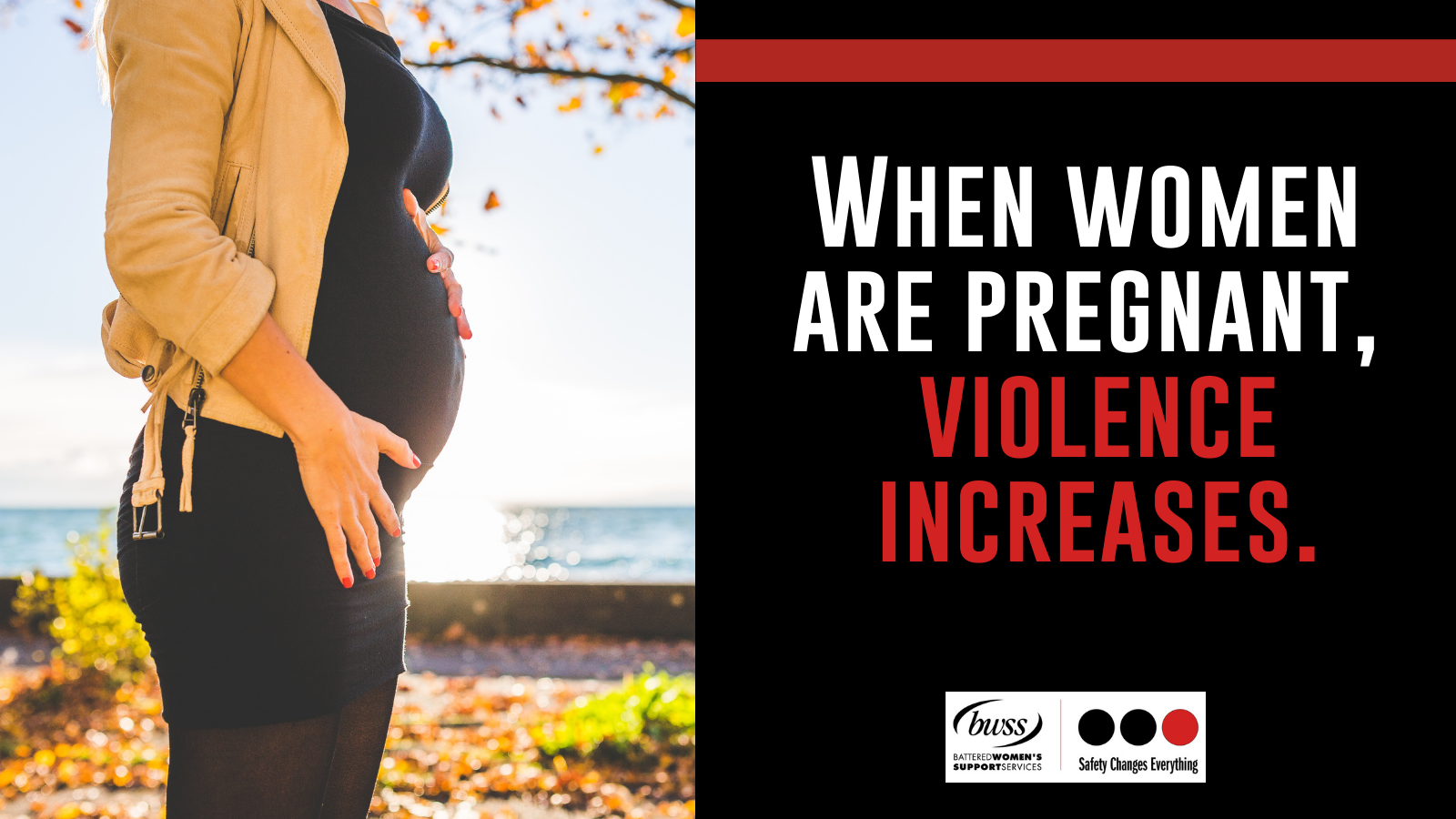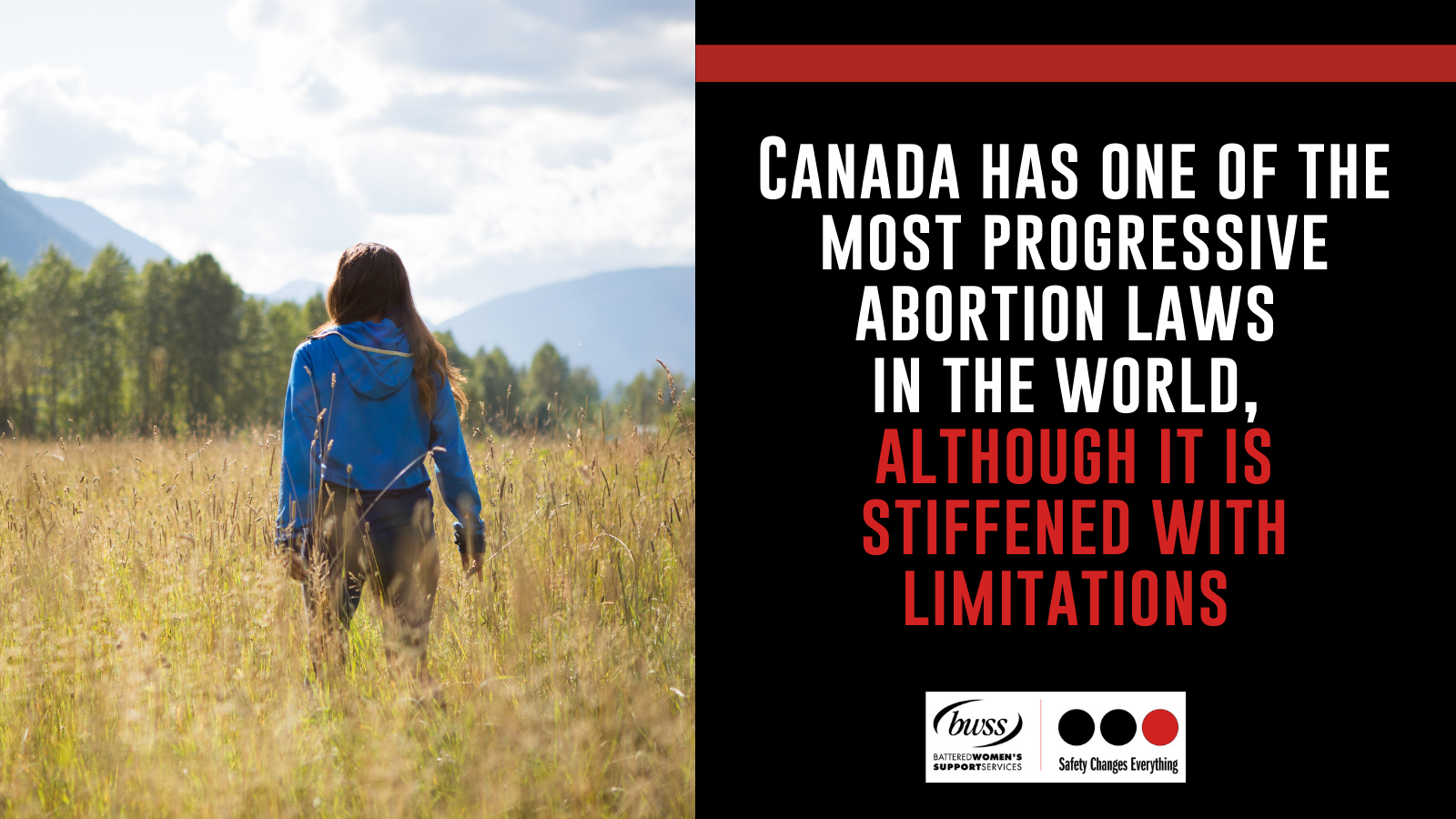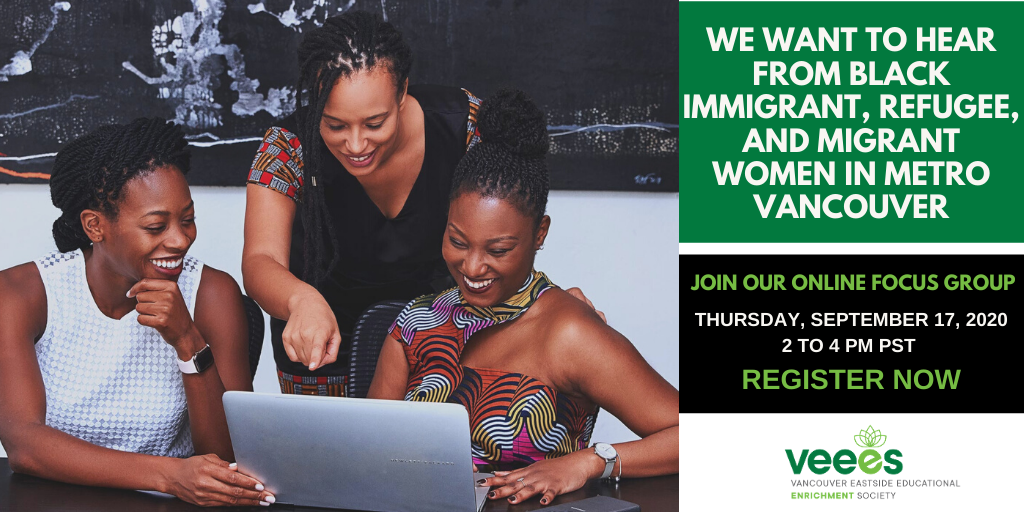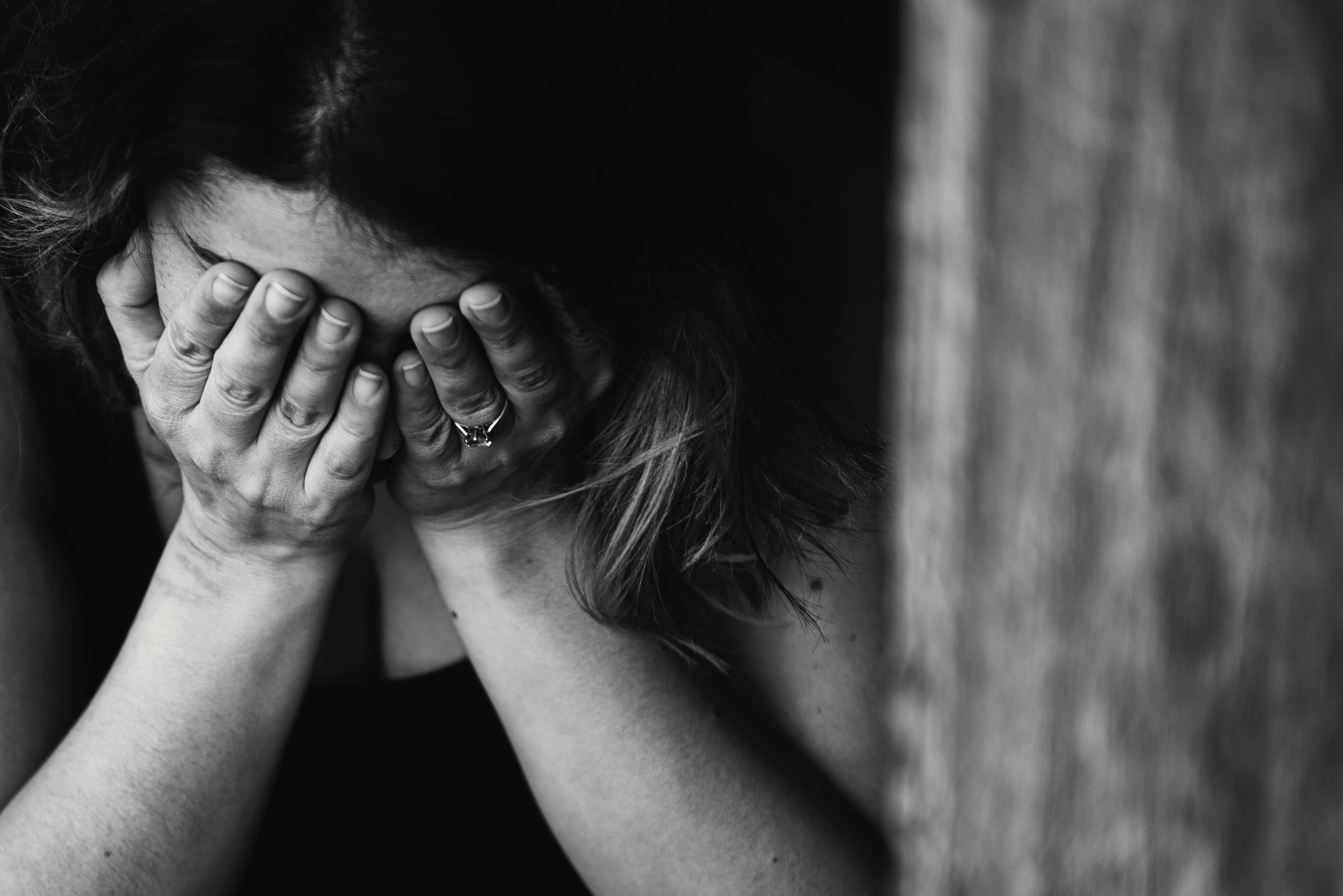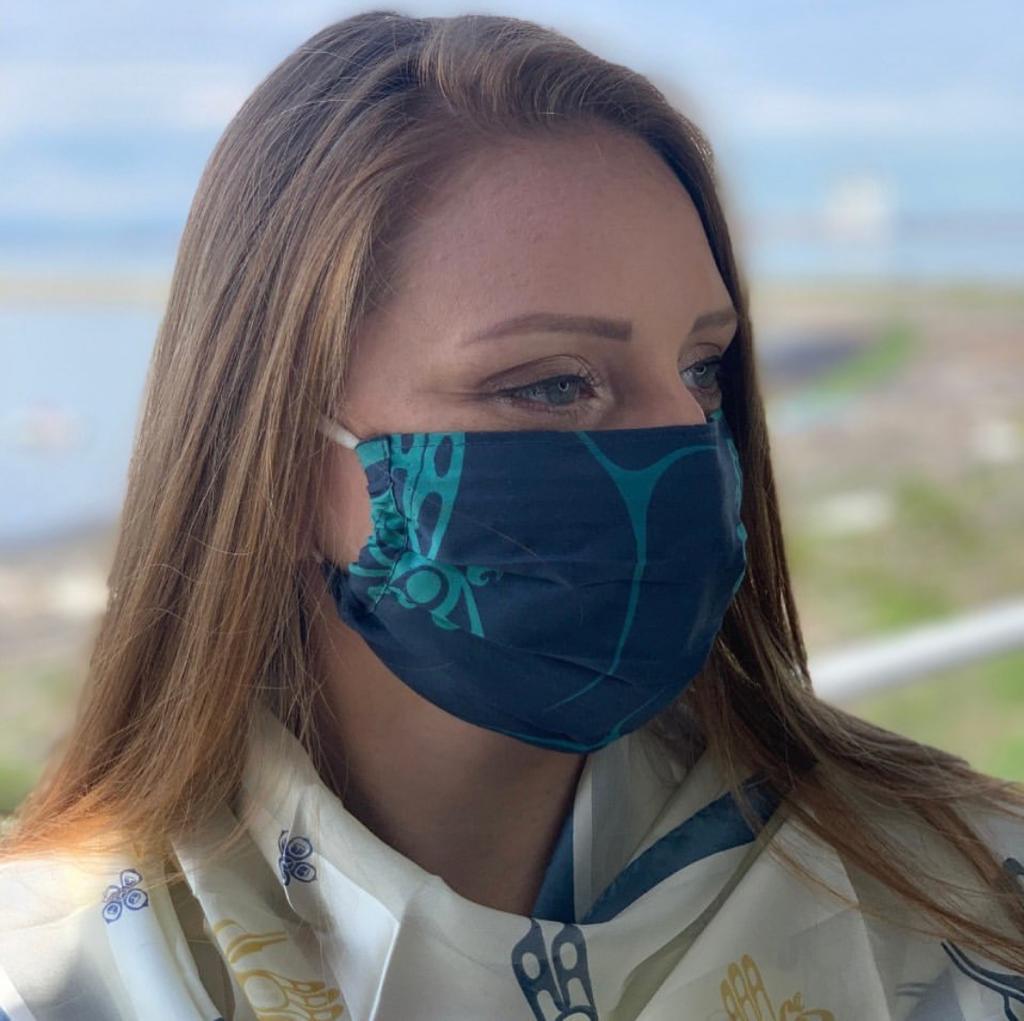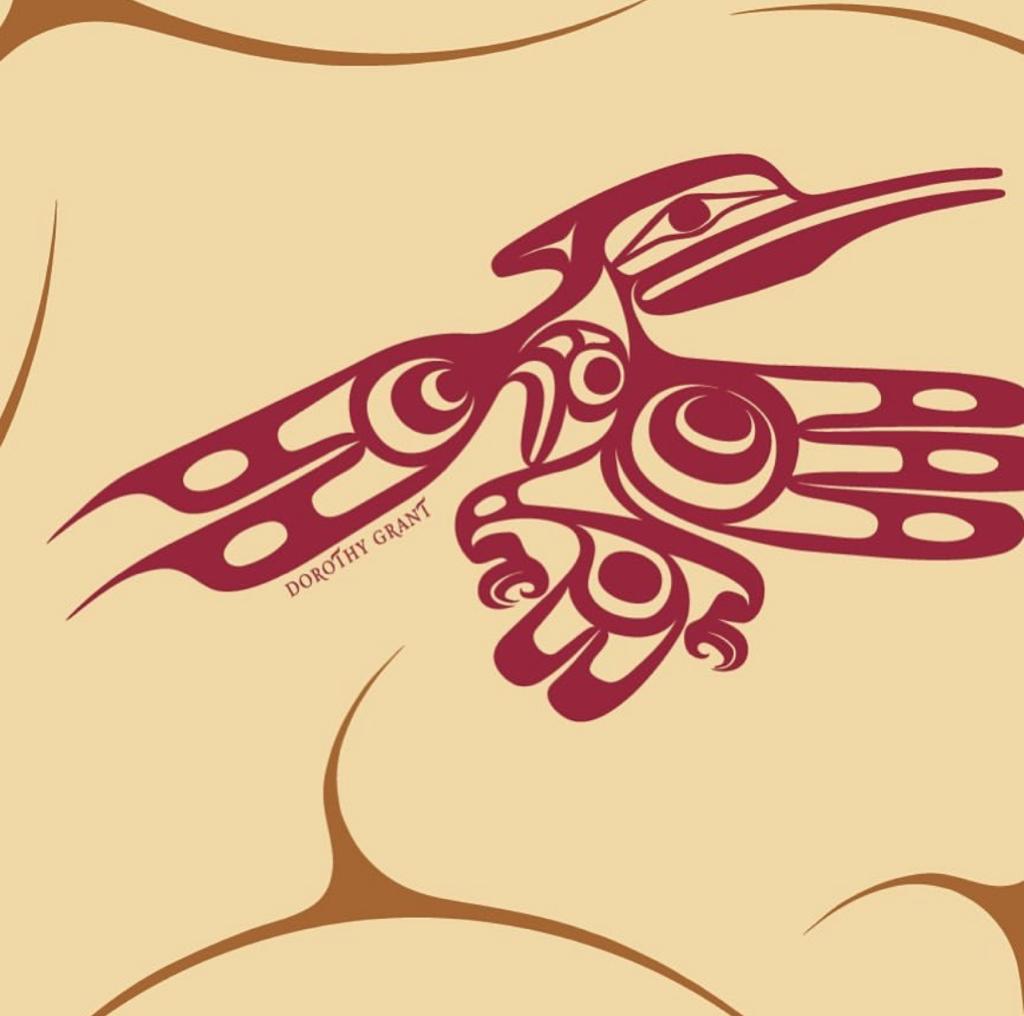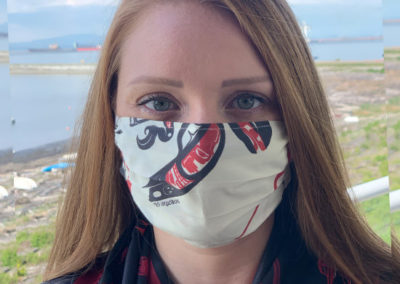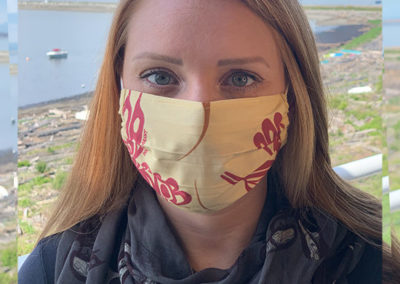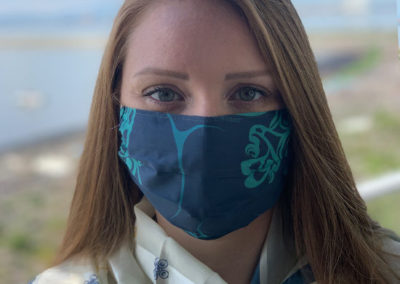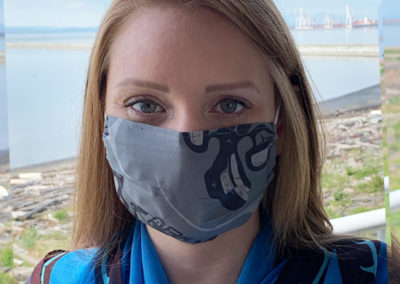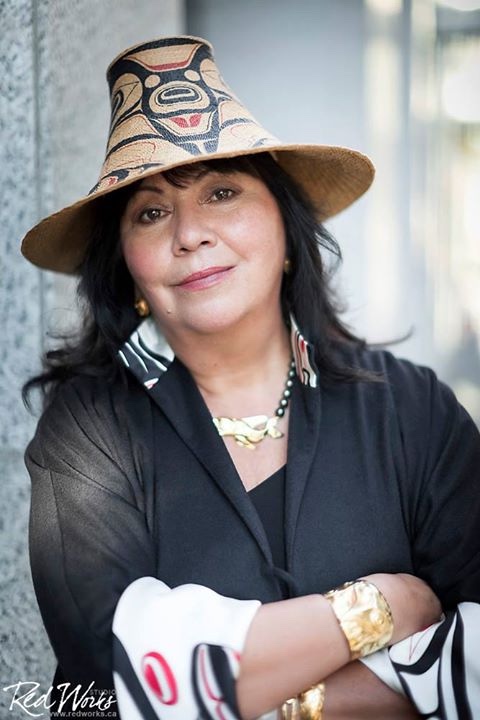Open Letter: National Coalition Declares Solidarity with Indigenous Peoples
The Honourable Carolyn Bennet, Minister of Crown-Indigenous Relations
The Honourable Marc Miller, Minister of Indigenous Services
Government of Canada
Dear Ministers,
On behalf of national, regional and local gender justice and human rights organizations, we are in solidarity with the Tk’emlúps te Secwépemc First Nation and all First Nations, Métis, and Inuit Peoples and honour the memory of the 215 children whose remains were found at the Kamloops Indian Residential School in British Columbia. Our hearts are with residential school survivors, their families and all the children who never returned to the homes from which they were taken.
We condemn the genocide enacted by the Canadian government that the Truth and Reconciliation Commission and the National Inquiry into Missing and Murdered Indigenous Women and Girls both found Canada responsible for. As feminist intersectional gender justice organizations, we are firmly against the colonial project that is Canada – established on continued actions that break treaties, steal lands and wreak violence on First Nations, Métis, and Inuit women, girls and 2SLGBTQQIA+ people – and the eugenic practices that seek to erase the First Peoples of Turtle Island.
We understand that the truths of this past week are not historical but an ongoing violent reality and a stark reminder that all settlers across Canada must act on the Truth and Reconciliation Commission’s 94 Calls to Action and the National Inquiry into Murdered and Missing Indigenous Women and Girls 231 Calls for Justice. We call on the federal government to take immediate and concrete action, beginning with implementation of the TRC calls to action 71 through 76 on the Missing Children and Burial Information. This process must be led by the First Nations, Métis and Inuit communities affected, and we follow their direction, but we also must demand that the government address the process of uncovering and investigating the sites of burials with seriousness and respect. They must be treated with appropriate care and spiritual attention as the precious remains of families and communities. It is of national importance that in their entirety, all remains are considered as evidence of trauma and genocide that will be addressed legally.
There are serious gaps in the processes and invisibilization within the National Action Plan for Missing and Murdered Indigenous Women and Girls (MMIWG). It does not recognize disabilities as a part of women’s’ identities and lacks actions to support them. And at different stages, it has failed to include Métis women as well as 2SLGBTQQIA+ peoples. Until these omissions are addressed, planned action on implementation will fail women, girls, 2SLGBTQQIA+ made increasingly vulnerable by these gaps.
Reconciliation is not a passive action but rather one that requires active disruption of colonial practices entrenched in policy and legislation, which continue to harm generations of First Nations, Métis and Inuit peoples. Reconciliation means pursuing justice for Indigenous communities on all fronts.
This includes the speedy passage of Bill C-15 to implement the UN Declaration on the Rights of Indigenous Peoples by the government of Canada. Canada must also put into action all mechanisms needed to fully implement Bill S-3, register the 270,000 First Nations women and their descendants who are now entitled to status, and eliminate all remaining sex-based discrimination from the Indian Act. The government must immediately stop litigating against all First Nations, Métis and Inuit children.
In 2016, the Canadian Human Rights Tribunal found that inequities in Canada’s child welfare services created incentives to remove First Nations children from their homes, families and communities. Dr Marie Wilson, a witness before the CHRT and a former Commissioner of the Truth and Reconciliation Commission, described the harms experienced by First Nations children because of Canada’s underfunding of child welfare services to be comparable to those experienced by survivors of Residential Schools. Canada must immediately comply with the ruling of the Canadian Human Rights Tribunal ordering an end to discrimination against First Nations children in the delivery of child welfare services on reserves and fully implementing The Spirit Bear Plan to end inequalities across all public services. Currently, there are more First Nations, Métis, and Inuit in the child welfare system than there were during the Residential School era.
Canada has been called to act again and again by the First Peoples of Turtle Island, to respect treaties, to move on the recommendations of inquiries, to take concrete steps to change the ongoing racism, misogyny and ableism that is at the heart of the settler colonial project of nation building. We must act. As national, regional and local gender justice and human rights organizations, we are calling for immediate action, not in times of acute need, but in constant reference to the harms being done to First Nations, Métis and Inuit peoples.
We will continue to work towards reconciliation by following the leads of Indigenous governments, communities and partners to work in solidarity and honour the memory of lives lost and harmed.
Signed by:
Action Canada for Sexual Health and Rights
Battered Women’s Support Services
Canadian Centre for Gender and Sexual Diversity
Canadian Centre for Policy Alternatives
Canadian Council of Muslim Women
Canadian Federation of University Women
Canadian Research Institute for the Advancement of Women / L’Institut canadien de recherches sur les femmes CRIAW-ICREF
Canadian Women’s Foundation / Fondation canadienne des femmes
Child Care Now / Un Enfant Une Place
Chinese & Southeast Asian Legal Clinic
Chinese Canadian National Council for Social Justice
Colour of Poverty Colour of Change
Disability Justice Network of Ontario
DisAbled Women’s Network of Canada / Réseau d’action des femmes handicapées du Canada
FAFIA / AFAI
Feminists Deliver
Keepers of the Circle
National Association of Women and the Law / L’Association nationale Femmes et Droit
National Council of Women of Canada
New Brunswick Coalition for Pay Equity
OCASI-Ontario Council of Agencies Serving Immigrants
Oxfam Canada
Platform
South-Asian Legal Clinic of Ontario
The Enchanté Network
West Coast LEAF
WomenattheCentrE
Women’s Legal Education and Action Fund (LEAF) / Fonds d’action et d’éducation juridique pour les femmes (FAEJ)
Women’s National Housing and Homelessness Network
Women’s Shelters Canada / Hébergement femmes Canada
Cc The Right Honourable Justin Trudeau, Prime Minister of Canada
The Honourable Chrystia Freeland, Deputy Prime Minister
The Honorable Maryam Monsef, Minister of Women and Gender Equality
Support and Resources
National, toll-free 24/7 crisis call lines providing support for anyone who requires emotional assistance related to missing and murdered Indigenous women and girls. You can also access long-term health support services such as mental health counselling, community-based emotional support and cultural services and some travel costs to see Elders and traditional healers.
- For immediate emotional assistance: 1-866-925-4419
- Support line for those affected by missing and murdered Indigenous women, girls, Two Spirit and LGBTQQIA+ people: 1-844-413-6649
- Indigenous Crisis Responder for youth (24 hours/ 7 days per week); 1-880-668-6868, text 686868
- Indian Residential School Survivors Society https://www.irsss.ca Provides various forms of counselling, health and cultural support, and cultural services to residential school survivors, their families, and those dealing with intergenerational traumas.
- The KUU-US Crisis Line Society https://www.kuu-uscrisisline.com/ The KUU-US Crisis Line Society is a non-profit registered charity that provides 24-hour crisis services through education, prevention and intervention programs.
- Assaulted Women’s Helpline CRISIS LINE
GTA 416.863.0511
GTA TTY 416.364.8762
TOLL-FREE 1.866.863.0511
TOLL-FREE TTY 1.866.863.7868
#SAFE (#7233) on your Bell, Rogers, Fido or Telus mobile phone
Seniors Safety Line 1-866-299-1011
- FEM’AIDE : 1.877.336.2433 &1.866.860.7082 (ATS)
- SOS Violence conjugale (in Quebec): 1-800-363-9010
If you would like to show support for survivors of the Residential system, and any Indigenous women and gender-diverse people that are facing gender-based violence, you can donate directly to Indigenous-led organizations that are supporting residential school survivors and their families along with language revitalization, cultural and land-based initiatives.
You can find a grassroots organization in your community to donate to or consider donating to the following:
- New Friendship Centre for the Kamloops Aboriginal Friendship Society https://kafs.ca/ Provides and promotes culturally based, inclusive programs, supports and activities to enhance holistic well-being and pride in Urban Aboriginal Peoples.
- The Indian Residential School Survivors Society https://www.irsss.ca/ Provides various forms of counselling, health and cultural support, and cultural services to residential school survivors, their families, and those dealing with intergenerational trauma.
- National Centre for Truth and Reconciliation https://nctr.ca/ & https://umanitoba.ca/community/giving/our-path-reconciliation-and-healing The National Centre for Truth and Reconciliation (NCTR) is a place of learning and dialogue where the truths of Residential School Survivors, families and communities are honoured and kept safe for future generations.
- Legacy of Hope Foundation https://legacyofhope.ca/ this is a national Indigenous charitable organization with the mandate to educate and create awareness and understanding about the Residential School System, including the intergenerational impacts such as the removal of generations of Indigenous children from their families, including the Sixties Scoop, the post-traumatic stress disorders that many First Nations, Inuit, and Metis continue to experience, all while trying to address racism, foster empathy and understanding and inspire action to improve the situation of Indigenous Peoples today.
- Indspire https://indspire.ca/a-statement-from-indspire/ Indspire is a national Indigenous registered charity that invests in the education of First Nations, Inuit and Métis people for the long term benefit of these individuals, their families and communities, and Canada.

